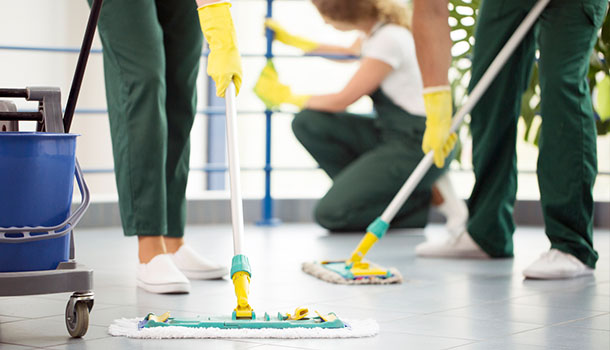
New Zealand’s national stadium has begun its path towards supporting sustainable initiatives including environmentally-friendly packaging, a community garden and compost facility as well as the stadium’s own honey.
Eden Park is taking measures to reduce waste and recycling as part of its bid to align with the United Nations Global Goals to promote sustainability.
The stadium has identified seven of the 17 United Nations Global Goals that it will focus on in the next five years to be applied across the business:
1. Good Health and Wellbeing
2. Affordable and Clean Energy
3. Decent Work and Economic Growth
4. Industry, Innovation and Infrastructure
5. Sustainable Cities and Communities
6. Responsible Consumption and Production
7. Life Below Water
Six large compost boxes were installed at the stadium to process compostable waste from non-match days and additionally collect the food waste from local cafes and restaurants.
Eden Park’s CEO Nick Sautner said these initial steps illustrate the stadium’s commitment to sustainability.
“Our team is passionate about making changes to our operations and continue to explore ways in which we can reduce our impact on the environment. Eden Park’s current initiatives are focused on non-event days and our goal is to see these rolled out across match days at the Park in future.”
After working closely with local businesses the opportunity arose to create the Morningside Urban Market Garden (MUMG), a place for refugees to gather within the stadium and grow produce to on sell.
Curator Jason Dodunski said the community enterprise offers women from migrant and refugee backgrounds opportunities to develop and share skills in practical ways that generate a shared profit.
“Eden Park has been enormously supportive of MUMG. We are feeling very welcomed and looking forward to strengthening neighbourhood partnerships in ways that use space differently, reduce our ecological footprints and improve the local economy,” says Dodunski.
New Zealand Box supplies the compost containers and founder Richard Wallis says one box alone can reach 70°C to compost certified packaging and hold the weekly food waste from 120 households, demonstrating the opportunities in a stadium environment.
“Aligning world class sport event hosting with genuine product stewardship and local community engagement provides a powerful example. It’s all about turning good organic materials into great compost, to grow nutrient dense food for the local community,” says Wallis.
Innocent Packaging’s compostable products can now be found in corporate hospitality areas and corporate suites throughout the stadium as well as For The Better Good’s plant-based compostable water bottle.
Other initiatives undertaken by the venue include bottle separation, bin monitors at events to educate patrons, biodegradable and green cleaning chemicals and the conversion to LED and motion activated lighting has resulted in using 20-30 per cent of the original power usage.
Comment below to have your say on this story.
If you have a news story or tip-off, get in touch at info@13.238.154.125.
Sign up to INCLEAN NZ’s newsletter